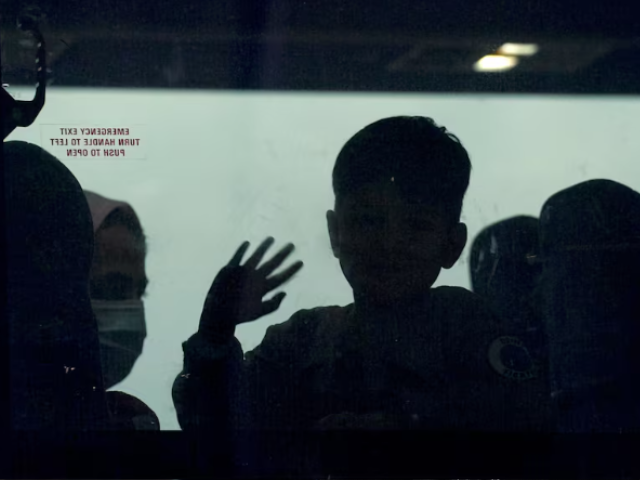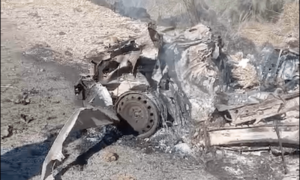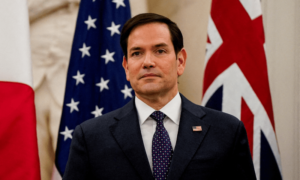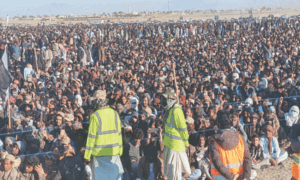Over 1,600 Afghan refugees eligible for resettlement in the United States are now in jeopardy following President Donald Trump’s executive order suspending the refugee admissions programme indefinitely.
The move, titled Realigning the United States Refugee Admissions Program, was signed on Monday evening, sparking panic among Afghan refugees, including children awaiting reunification with family members in the US.
The suspension is set to take effect on 27 January, halting ongoing resettlement processes and barring new applications.
Shawn VanDiver, founder of the advocacy group AfghanEvac, criticised the decision, stating, “We can’t afford to leave these folks behind.
Their lives are at risk because of their association with the United States.”
Since the Taliban’s return to power in 2021, the US has resettled over 190,000 Afghans, many of whom worked with the US military or American NGOs. However, advocates warn the ban could harm thousands, including 200 minors awaiting reunification under family schemes.
The ban provides a narrow exception, allowing refugee admissions only through a joint decision by the secretary of state and the secretary of homeland security. Critics argue that this fails to address the scale of the crisis.
“Failing to protect our Afghan allies sends a dangerous message to the world: that US commitments are conditional and temporary,” AfghanEvac said in a statement.
VanDiver noted that most affected Afghans have completed rigorous security checks or are in final stages, with some already scheduled on resettlement flights.
“People are freaking out,” he said, highlighting the uncertainty and fear among those awaiting relocation.
While senior Trump officials, such as national security adviser Mike Waltz, have supported Afghan resettlement, others, including Stephen Miller, have opposed nearly all immigration.
Advocates and lawmakers are urging the administration to amend the order, citing the US’s moral obligation to those who aided its mission in Afghanistan.
Without intervention, many fear this decision could erode trust in US commitments and jeopardise future alliances.
- Desk Reporthttps://foresightmags.com/author/admin/











